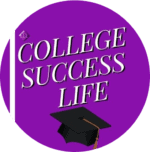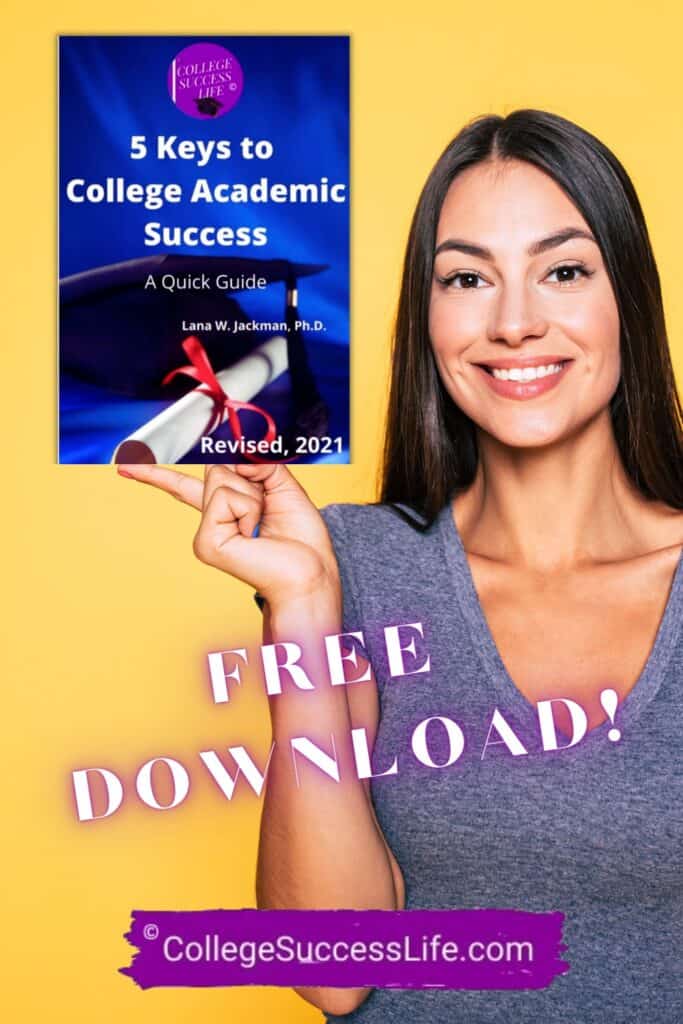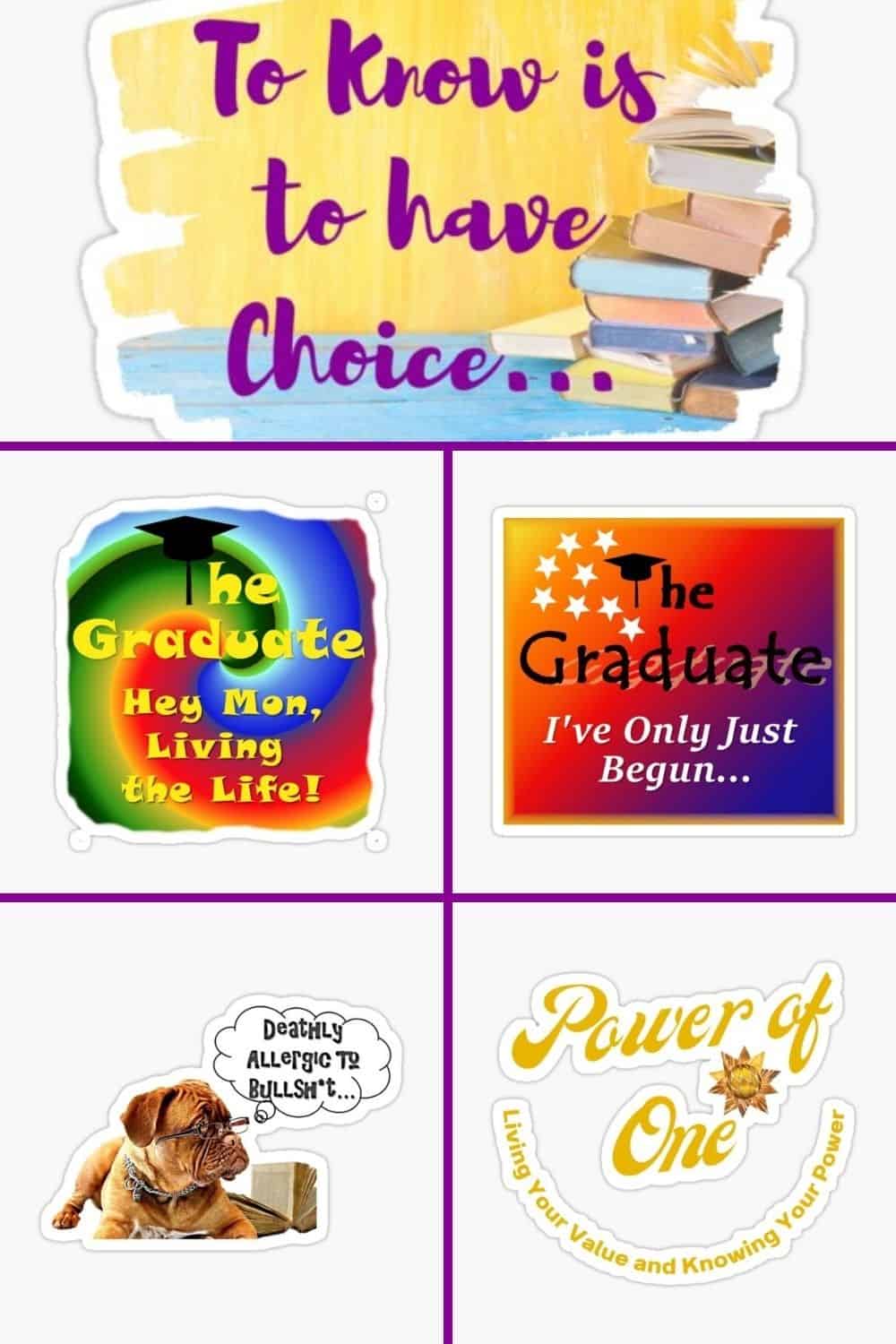[et_pb_section fb_built=”1″ _builder_version=”3.22″ box_shadow_style=”preset1″][et_pb_row _builder_version=”3.25″ border_radii=”on|5px|5px|5px|5px”][et_pb_column type=”4_4″ _builder_version=”3.25″ custom_padding=”|||” custom_padding__hover=”|||”][et_pb_post_title meta=”off” featured_placement=”above” _builder_version=”4.4.8″ text_orientation=”center” hover_enabled=”0″ border_radii=”on|10px|10px|10px|10px” box_shadow_style=”preset1″ title_font=”Oswald|700||||on|||” title_text_align=”center” title_text_color=”#0e38f2″ title_text_shadow_style=”preset1″ title_font_size=”40px”][/et_pb_post_title][et_pb_text _builder_version=”4.4.8″ header_font=”Roboto|500||||on|||” header_text_align=”center” header_text_color=”#8200f4″ hover_enabled=”0″ header_text_shadow_style=”preset1″ text_font=”Roboto|500|||||||” text_text_color=”#000000″ text_line_height=”1.4em” header_2_font=”Roboto|700|||||||” header_2_text_color=”#0e37ed” header_2_text_shadow_style=”preset1″]
College Students – with 4 simple easy steps, you can Master the
Information Universe!
Ready to master the information universe, write great research papers, and expose fake news?
Learn in four easy steps. Enhance your skill sets and achieve competitive advantage not only at school, but in the workplace as well! Information Literacy Practice in Four Easy Steps.
Practice the steps listed below on a regular basis. Test these strategies out in school and on the job.
You’ll soon realize the advantages as well as the personal and professional benefits of becoming information literate.
1. Always define the problem or task at hand first?
ASK YOURSELF: What do I know; what information am I looking for; what do I need to know?
2. Find information resources?
ASK YOURSELF: Where can I find the needed information sources – go online, or better yet, speak to a reference librarian, or perhaps, do both; use keyword association strategies; figure out what types of information sources you need such as interviews, government reports, corporate reports, surveys etc.?
3. Analyze and evaluate information resources?
ASK YOURSELF: Does the information I find give me the answers that I need; if not, return to step 2; do I need to search for additional information? How do I extract the most important pieces of information (rules/steps to assess important information) from my information pool?
4. Communicate your findings?
ASK YOURSELF: What is the best way to communicate my findings; how do I incorporate the information into a final product such as a report or presentation; who will be my audience (s); what are the ramifications of presenting my findings; in what ways do I need to follow up?
Finally, remember, if you really want to achieve any type of academic, personal, and/or professional success, then integrate this critical skill set throughout your everyday school, work, and life activities!
[/et_pb_text][/et_pb_column][/et_pb_row][/et_pb_section]










